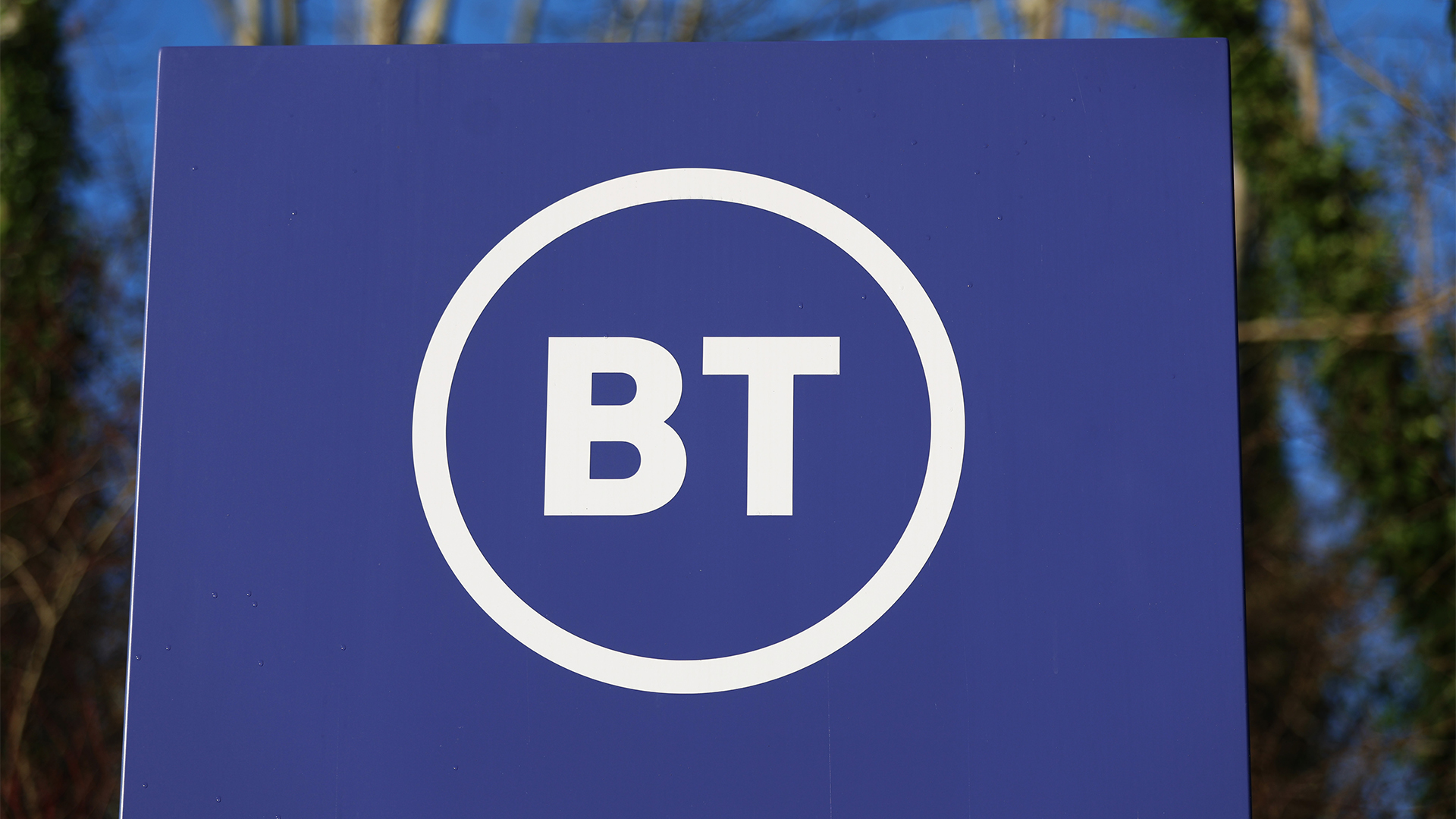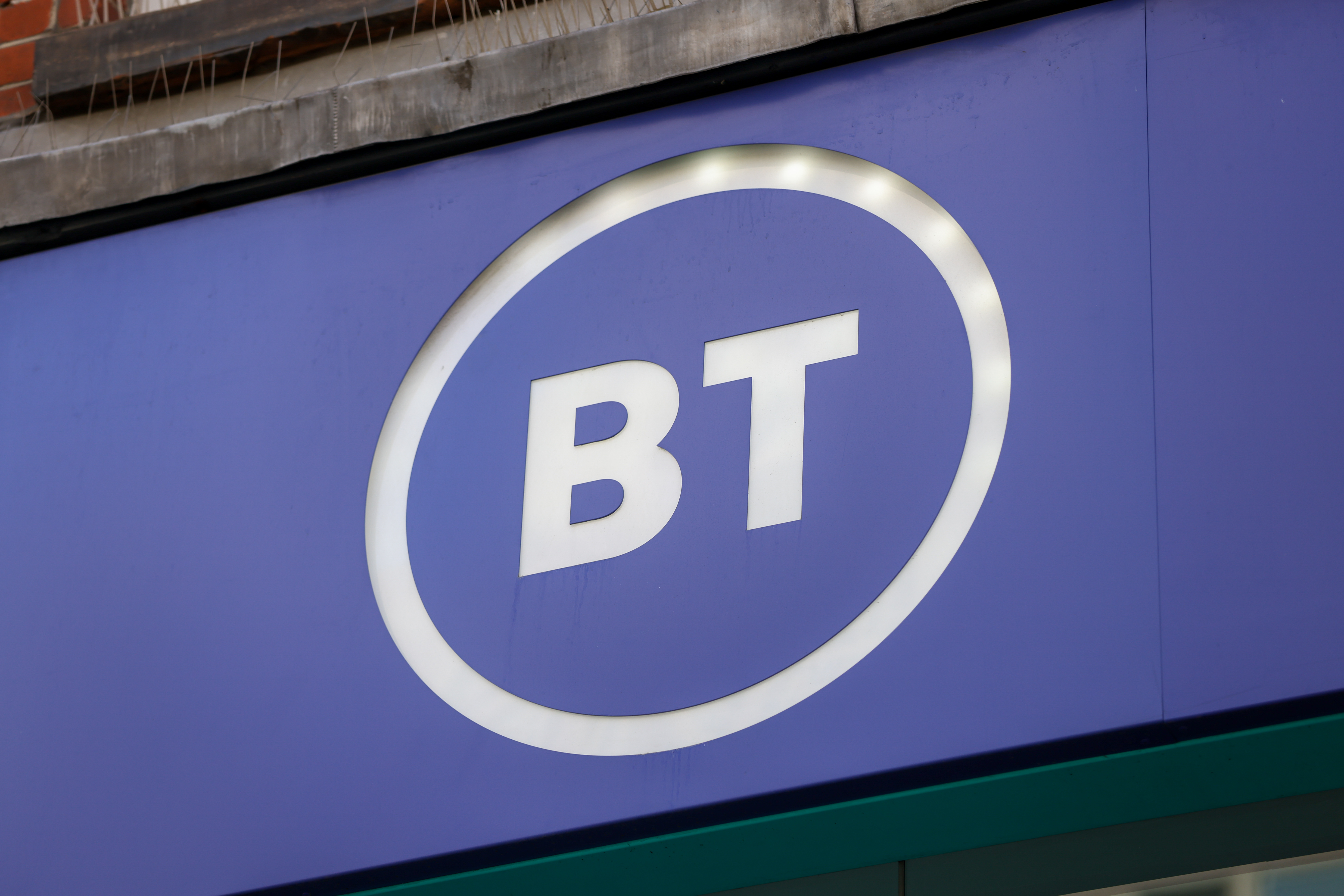Rural broadband: Arguing till the cows come home
Inside the Enterprise: Virgin has raised concerns that BT could dominate rural broadband. Rural businesses will just want to improve their connectivity.

Earlier this week, Virgin Media fired its latest salvo in the broadband wars. According to a report in The Financial Times, the service provider's CEO, Neil Berkett, is worried that BT will swallow up the bulk of public funding set aside for improving rural broadband coverage.
This, Virgin Media argues, could leave BT dominating broadband access in the countryside. Virgin's own network is concentrated mostly on towns and cities.
Berkett has argued that the Government's preferred method of distributing funds via county councils and local enterprise partnerships would also favour BT, because of the fragmented nature of the process.
The UK's geography, politics and the pressure on the public purse might rule out a Swedish-style option, at least for now.
Whilst Virgin Media may have a point, businesses in rural areas may take a slightly different view. Competition is important, but so is having access to basic infrastructure. And for most companies today, reliable internet access at 1mbps or more, counts as basic infrastructure as much as access to the roads, or to electricity. A lack of competition could mean higher prices for broadband, but the cost of not having fast broadband could be higher still.
In other parts of Europe, such as Sweden, the public sector has intervened more directly, providing the ducts and fibre and even basic internet connectivity, but allowing commercial ISPs to rent capacity on the network, and develop their own services, and their own pricing, for customers. That way there is no monopoly, but the infrastructure is also built out more quickly than it would be, if it were left to the market alone.
The UK's geography, politics and the pressure on the public purse might rule out a Swedish-style option, at least for now. But the priority for ministers and for the regulator Ofcom must surely be to ensure rural businesses and consumers have access to genuine broadband sooner, rather than later.
Sign up today and you will receive a free copy of our Future Focus 2025 report - the leading guidance on AI, cybersecurity and other IT challenges as per 700+ senior executives
Wireless access will be one part of the solution. WiMax and LTE both have roles to play in improving rural coverage, and will help to provide competition to fixed line connections.
But there are alternatives to relying on the market alone. Some parts of the UK have taken a "big society" approach to broadband and rented their own connections, and even dug their own ducts and pulled their own fibre, in order to connect up the areas that commercial service providers do not serve. Maybe DIY dig your own broadband is the way to go.
Stephen Pritchard is a contributing editor at IT PRO.
Comments? Questions? You can email him here
-
 Equinix acquires BT's Irish data centers in €59 million deal
Equinix acquires BT's Irish data centers in €59 million dealNews As BT moves to an asset-light business model, Equinix looks to expand
-
 BT just extended the PSTN switch-off deadline — here’s what you need to know
BT just extended the PSTN switch-off deadline — here’s what you need to knowNews BT described the move as a “revision”, citing a series of improvements to the wider PSTN switch-off programme
-
 BT misses key Huawei kit removal deadline, but the telco is “almost over the line”
BT misses key Huawei kit removal deadline, but the telco is “almost over the line”News BT is still reliant on non-compliant Huawei equipment for 2G and 3G services
-
 BT partners with HPE to deliver new global managed LAN service
BT partners with HPE to deliver new global managed LAN serviceNews The latest collaboration combines BT’s connectivity expertise with HPE Aruba Networking’s latest LAN solutions
-
 Making the switch
Making the switchWhitepaper Realise the benefits of IP technology ahead of the digital ‘switch-on’
-
 BT and OneWeb succeed in "game changer" satellite connection trial
BT and OneWeb succeed in "game changer" satellite connection trialNews Smaller businesses in rural areas could benefit from improvements to backhaul services using satellites, with speeds increasing by an order of magnitude
-
 BT, Nokia crack four carrier aggregation on a 5G network in first for Europe
BT, Nokia crack four carrier aggregation on a 5G network in first for EuropeNews The breakthrough marks the first successful use of such technology on a live network, and could lead to dramatic network improvements
-

 BT Mini Whole Home Wi-Fi review: Value-conscious range extension
BT Mini Whole Home Wi-Fi review: Value-conscious range extensionReviews You shouldn’t expect top performance, but this dinky mesh system eradicates notspots for a great price

